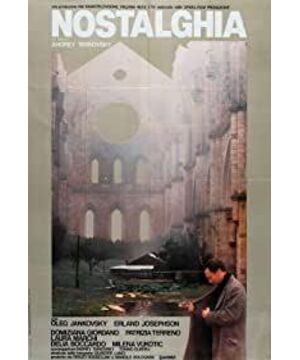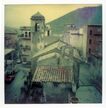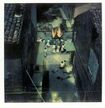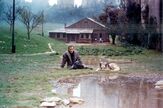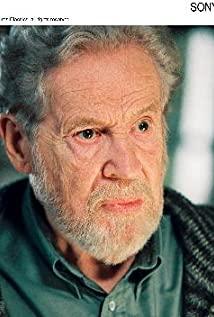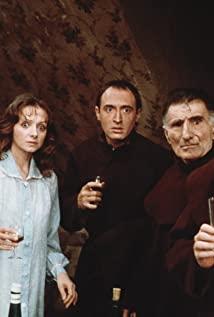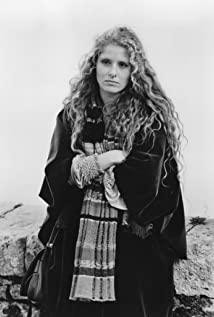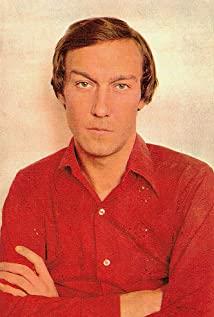In "Nostalgia", the Russian poet, the Italian madman, and the Russian musician who lived in Italy in the 18th century are more like the existence of the "Trinity" of God in the Bible. Russian musicians in Italy are "Father", poets are "Son", and Italian lunatics are "Holy Spirit";
Poets and lunatics sympathize with each other, but just like the cigarette that the poet has just lit, he takes a puff and then steps on the ground to extinguish it. The poet is always wandering between reality and fantasy, wanting to go back and can't go back, wanting to give up but unable to give up, as if arriving forever. The hometown (the holy place in the heart) cannot be reached; the madman is the soul that the poet cannot reach, and the deeds and ideas of the madman are also the courage that all living beings cannot reach.
In the depressing, boring, and boring atmosphere of the whole film for more than two hours, white noise fills the whole film, and the place with the soundtrack is also gloomy and melancholy. Only the madman raised his arms and shouted on the statue of the Roman Emperor, and he was not at the moment. Representing him alone, but also the appearance of all living beings, in the eyes of the world, he ignited the flame and ignited himself, becoming the "Holy Spirit". At this time, Beethoven's passionate and high-pitched "Ode to Joy" sounded, and the wandering His soul was released, and he lit a candle for the Russian poet Tarkovsky in the film, as well as for the film director Tarkovsky. In reality, "Nostalgia" has indeed become Lao Tower's last film work.
The same is true for each of us. The "places" that we can't reach but can't give up will naturally become our eternal "nostalgia".
View more about Nostalghia reviews


